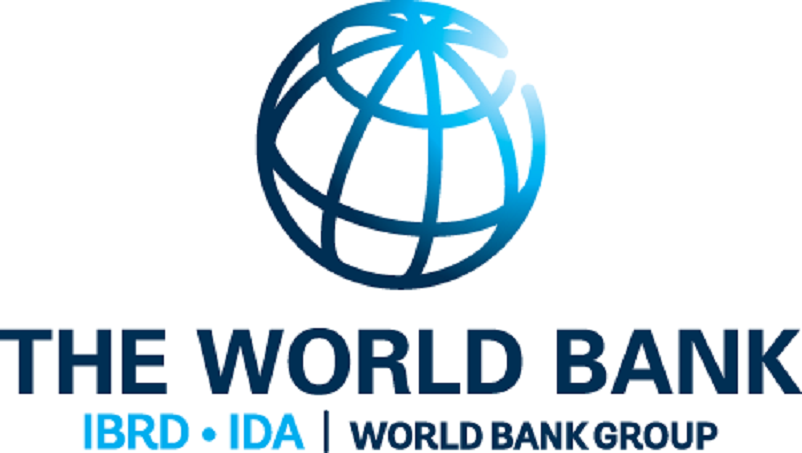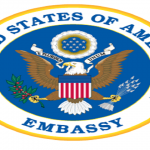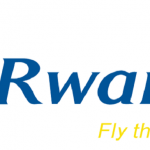(TT) – The Joint Japan World Bank Graduate Scholarship Program (JJ/WBGSP) is open to women and men from developing countries.
About (JJ/WBGSP) Scholarship
(JJ/WBGSP) is open to citizens of certain developing countries with relevant professional experience and a history of supporting their countries’ development efforts who are applying to a master degree program in a development-related topic.
Subject to available funding, JJWBGSP offers scholarships for 26 Participating Programs at universities in U.S., Europe, Africa, Oceania and Japan in key areas of development, including economic policy management, tax policy, and infrastructure management.
Eligibility
Broadly speaking, Developing Country nationals must:
- Be a national of a World Bank member developing country on this list;
- Not hold dual citizenship of any developed country;
- Be in good health;
- Hold a Bachelor’s (or equivalent) degree earned at least 3 years prior to the Application Deadline date;
- Have 3 years or more of recent development-related work experience after earning a Bachelor’s (or equivalent) degree;
Scholarship Benefits
The JJ/WBGSP scholarship provides the recipient with the following benefits:
- Economy class air travel between your home country and the host university at the start of your study program and immediately following the end of the scholarship period. In addition to the two-way air travel, scholars will receive a US $500 travel allowance for each trip;
- Tuition for your graduate program and the cost of basic medical insurance obtained through the university.
- While on campus during the scholarship period, a monthly subsistence allowance to cover all living expenses (accommodations, food, etc., including books). The amount of the allowance varies depending on the host country.
Please note all JJ/WBGSP scholarships cover the duration of the graduate program or two years, whichever is less.
The JJ/WBGSP scholarship does not cover:
- VISA application(s) costs
- Expenses to bring and/or support a scholar’s family members;
- Extra-curricular courses or training;
- Courses that do not meet the minimum credits required to earn the graduate degree;
- Language training not provided by the graduate program;
- Additional travel during the course of the study program;
- Expenses related to research, supplementary educational materials, field trips, participation in workshops/seminars, or internships; or
- Educational equipment such as computers.
- Resident permit fee
How to apply
Read more and apply HERE






